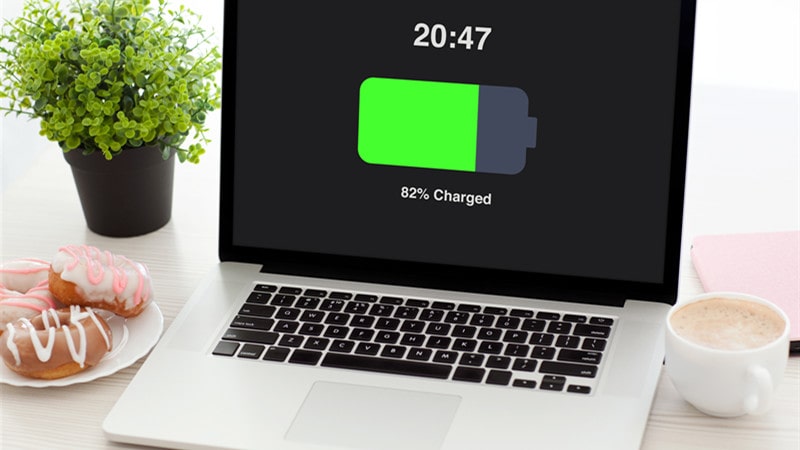Hotels play a significant role in the travel industry, providing a home away from home for travelers around the world. However, when you check into a hotel, you may notice additional charges on your bill, known as hotel incidentals. In this article, we will explore what hotel incidentals are, the common types, their cost, and how to manage and avoid surprise charges.
When you check into a hotel, you expect to pay for your room, but there can be additional charges that catch you off guard. These extra expenses, referred to as hotel incidentals, are a standard practice in the hospitality industry.
To learn more about incidentals in hotels, visit this informative article at https://wayfaringviews.com/what-are-incidentals-hotel/.
Understanding Hotel Incidentals
Hotel incidentals are additional charges that go beyond your room rate. They cover various services and amenities that you may use during your stay, such as room service, minibar items, parking, Wi-Fi, or in-room movies. These charges are incurred when you opt for these services or if the hotel needs to cover damages.
Common Types of Hotel Incidentals
1. Room Service: Ordering food and beverages to your room.
2. Minibar: Consuming items from the in-room minibar.
3. Parking: Storing your vehicle on the hotel premises.
4. Wi-Fi: Accessing the internet during your stay.
5. In-Room Movies: Watching movies in your room.
6. Phone Calls: Making long-distance or premium calls.
7. Damages: Any repairs or replacements necessitated by guest actions.
The Cost of Hotel Incidentals
The cost of hotel incidentals can vary widely depending on your choices and the hotel’s pricing. It’s essential to be aware of these potential costs to avoid any financial surprises at check-out.
Tips for Managing Hotel Incidentals
To manage hotel incidentals effectively, follow these tips:
• Review the hotel’s policies.
• Set a daily budget for incidentals.
• Keep track of your expenses.
• Use loyalty programs to offset costs.
• Be cautious with in-room services.
How to Avoid Surprise Charges
To steer clear of unexpected expenses, it’s essential to foster open lines of communication and stay vigilant. It’s a wise practice to consistently verify the costs and regulations associated with hotel incidentals not only when you initially check-in but also throughout the entirety of your stay. This proactive approach enables you to adeptly oversee your expenditures, ensuring they align with your budget and preferences.
In essence, by keeping a watchful eye on prices and staying informed about hotel policies related to incidentals, you empower yourself to effectively manage your financial outlays, eliminating any unpleasant surprises in the process.
Why Are Hotel Incidentals Necessary?
Hotel incidentals serve several purposes:
• Providing convenience and additional services.
• Protecting the hotel from potential damages.
• Ensuring guests can enjoy their stay without worrying about extra costs.
Common Items Included in Hotel Incidentals
Among the typical inclusions in hotel incidentals, you’ll often find services such as room service, minibar items, and parking. These particular offerings are frequently availed of by guests during their stay, underscoring their popularity.
The costs associated with these services play a vital role in sustaining and enhancing the overall quality of the hotel. They not only cater to the convenience and preferences of guests but also contribute to the hotel’s ability to maintain its facilities and provide an exceptional experience.
By covering the expenses tied to these services, hotels can ensure that they continue to offer top-notch amenities and maintain the high standards expected by their guests.
How to Review Your Hotel Bill
Upon checking out, it’s crucial to review your hotel bill. Make sure to cross-check the incidentals you’ve used against what’s listed on your bill. This can help you catch any discrepancies and address them before leaving.
Dealing with Disputes
If you encounter any issues or disputes regarding hotel incidentals, approach the hotel’s management calmly and professionally. They may be willing to adjust the charges or provide clarification.
Best Practices for Hotel Incidentals
To make the most of your hotel stay while managing incidentals efficiently, consider these best practices:
• Join hotel loyalty programs for potential discounts.
• Use your own data plan instead of hotel Wi-Fi for internet access.
• Avoid unnecessary in-room services to minimize costs.
Benefits of Hotel Loyalty Programs
Hotel loyalty programs bring a multitude of advantages, including significant cost savings through discounts, the possibility of room upgrades for added comfort, and the opportunity to accumulate points that can be redeemed for future stays. These programs represent a valuable asset, particularly for individuals who travel regularly. They not only reward loyalty but also ensure that repeat guests enjoy enhanced experiences and financial benefits.
By participating in these programs, travelers can make the most of their hotel stays, reaping the rewards of their commitment and turning their loyalty into tangible perks that enhance the overall quality of their journeys.
Conclusion
In conclusion, hotel incidentals are an integral part of the hotel experience. By understanding what they are, their costs, and how to manage them, you can enjoy your stay without unpleasant financial surprises. Remember to review your bill, communicate with the hotel if needed, and consider loyalty programs to enhance your hotel experience.




